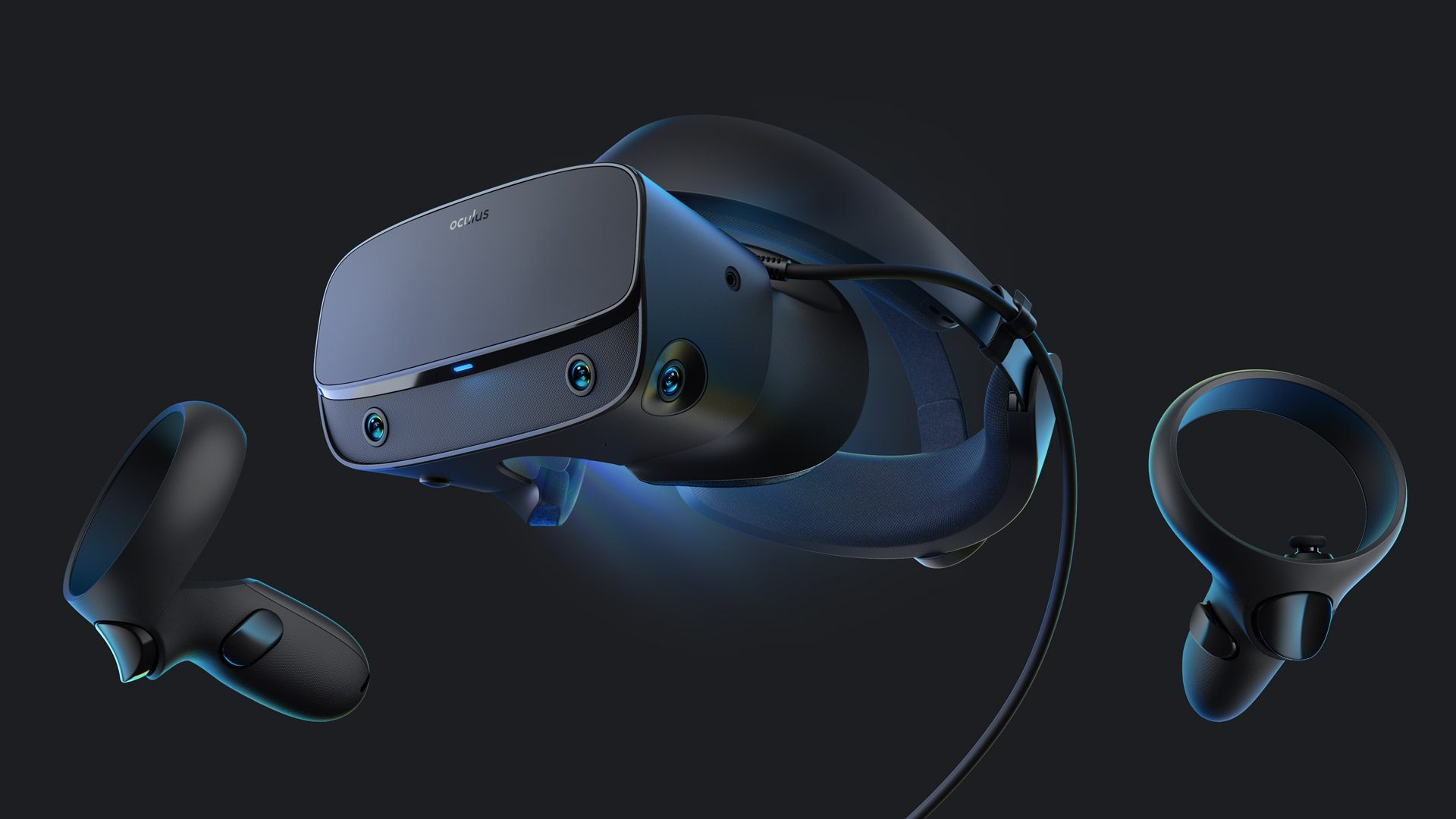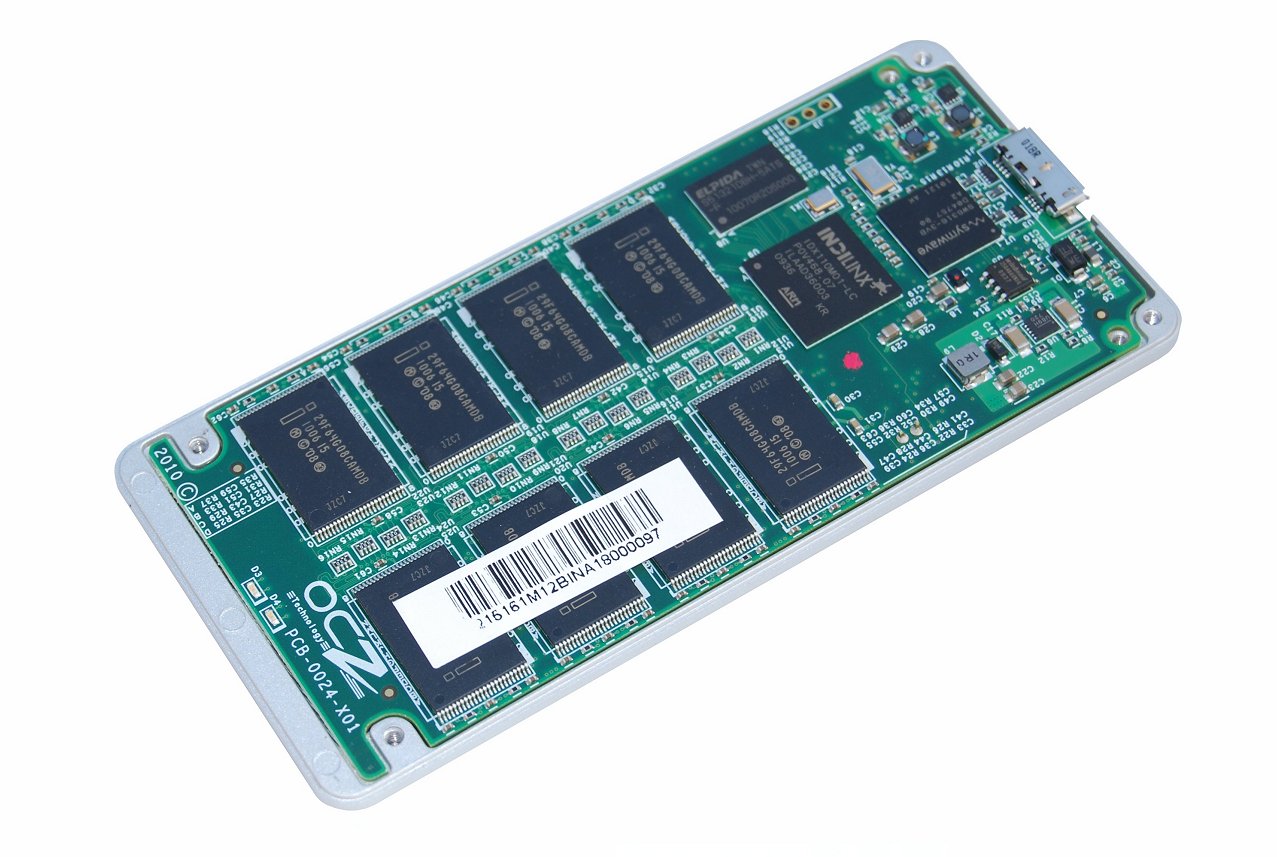

Make sure you are using a compatible USB 3.0 cable.Oculus Link Requirements For Quest 2īefore you connect your Quest 2 to a computer via a link cable, there are a number of things you need to do to set things up correctly and ensure that everything is working. If your Quest 2 link cable is not detected, ensure that you are using a USB 3.0 cable and port, make sure the Oculus software is installed on your PC, your graphics drivers are up to date, and enable the USB connection prompt if you don’t see this when connecting your Quest 2 to your computer. There are a number of common problems, and most are easily fixed by following the instructions laid out below. If you’re trying to connect to a PC, but your Oculus Quest 2 link cable isn’t detected, this article should be able to help. The T5 works for USB3, but I believe the T7 gets speeds close to 800MB/s with USB3.1gen2, and newer, for just a little more $.One of the things I love most about the Quest 2 is the ability to use the power of a VR-ready PC to enjoy VR games and experiences via the Oculus link cable. They don't have the SATA SSD limitations (<600MB/s) as they are NVMe based. Some of the new, tiny portable SSD drives, like the Samsung T5 and T7 work really well for certain tasks. No USB PCI card that I'm aware of will allow booting, so you must plug it in to the USB2 ports front or back on the chassis, which are super slow. Most USB3 cables are fine for USB3.1gen2. BTW, specs for USB are all over the place, so run the BlackMagic Speed Test to get real world specs. On the other hand, if its a spinner, or almost anything else, USB3 is fine and there are adapters and adapter cables galore. So, if your USB external device is a fast device like an SSD, you can double your speeds with a 3.1gen2 card. Both our units are typeA, to be more versatile.

A friend has the 4 socket HiPoint with no sharing. That works well except each pair shares a port.

Then I put a 4-port type-a USB 3.1 gen2 (<$100). When USB3 was fastest, I had a $60 4-port unit from Sonnet. Those are USB3.1 gen2 or newer, and they come in a variety of configurations with type A or Type C (USB-C), and port sharing except for the HiPoint unit which is best. If you need the faster speeds of USB3.1gen2, you can also get those cards which are <1,000MB/s. The best cards have an unshared USB port for each device. If you need USB3 speeds (<500MB/s) The choices are mostly 2-port and 4-port cards. I have some experience with several of the USB PCI cards for the cMPs.


 0 kommentar(er)
0 kommentar(er)
